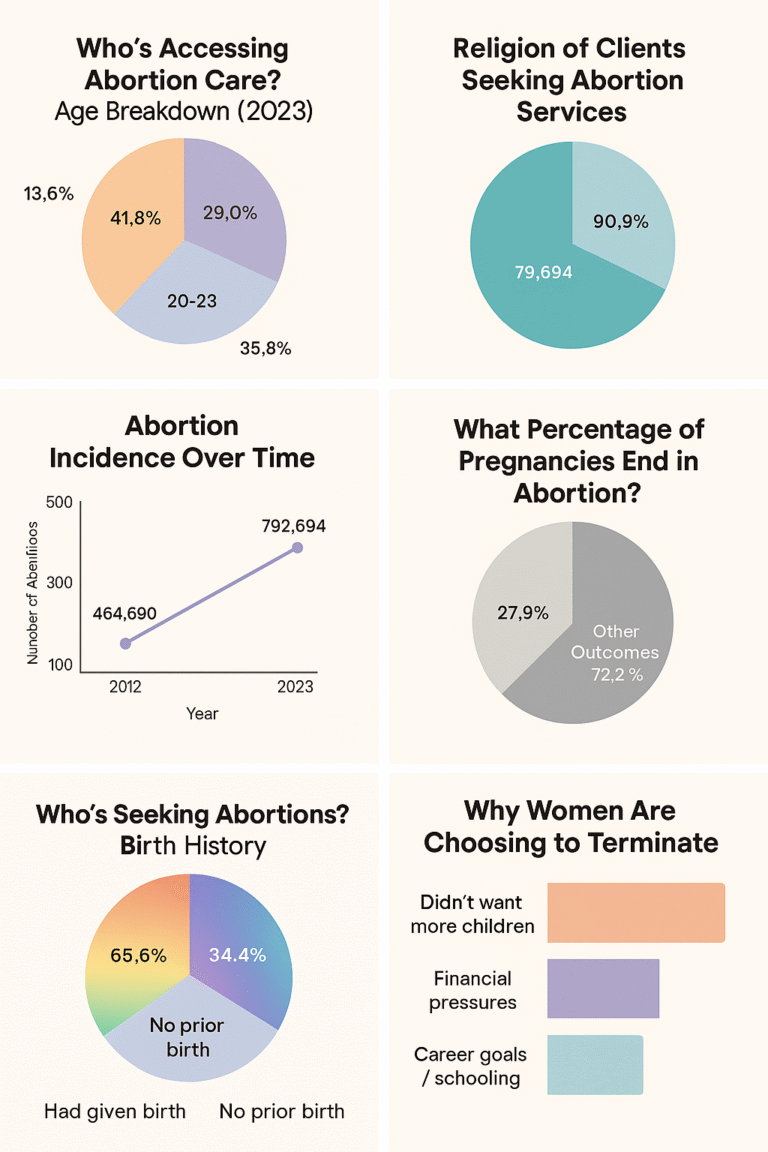Menstrual Hygiene Day- Periods don’t stop for a pandemic!
Menstrual Hygiene Day is day which aims to break taboos and raise awareness about the importance of good menstrual hygiene management for women, adolescent girls and gender non-conforming people worldwide. As a society, the stigma around periods or menstruation must be overcome. Menstruation is a natural physiological process but the prevailing myths and misconceptions have made it appear an abnormal process. Since ages, periods have been stigmatized, side-lined and have remained an ignored topic. These myths and misconceptions have created a barrier in the lives of girls and women.
An estimated 1.8 billion girls, women, and gender non-binary persons menstruate, yet millions of menstruators across the world cannot manage their monthly cycle in a dignified, healthy way. Even in the best of times, gender inequality, discriminatory social norms, cultural taboos, poverty and lack of basic services often cause menstrual health and hygiene needs to go unmet. In emergencies, these deprivations can be exacerbated..
COVID-19 indirectly affects Menstrual hygiene; For instance, COVID-19 restricts mobility, increases challenges in obtaining certain essential items, reduces interaction with social support networks, reduces privacy of household members who are usually out of the house and are now under lock-down, and causes stress – any or all of these dimensions may have impacts on menstrual hygiene .The far fetching impact of insufficient Menstrual Hygiene may lead to greater risks of infections, discomfort, and negative impacts on mental well-being. Poor feminine hygiene during one’s periods can lead to vaginal irritation, urinary tract infections (UTI), and even cervical cancer. What can you do to maintain better Menstrual Hygiene?
- Change your sanitary pad and tampons regularly
Keeping yourself clean is key to good menstrual hygiene. Make sure to change your sanitary pads every four to six hours. Using the same pad for an entire day is not only unhealthy but can also lead to irritation, infection or even UTI.
- Wash yourself properly
Wash the vaginal area properly at least twice a day. This will help in removing all the harmful bacteria and ensure that your genitalia are clean.
- Wear clean undergarments
Wear fresh and clean undergarments every day and change if you feel the panties are soiled from discharge. Unclean underwear can produce a bad odour during periods and put you at risk of infections.
- Dispose of sanitary towels properly
A key step to menstrual hygiene is to discard sanitary napkins or tampons properly. Make sure that you do not flush them as they may clog the sewage pipes and drains. Always wrap them properly and throw them in the designated bin to avoid the spread of harmful bacteria. Do not forget to clean your hands after you dispose of it.
It is imperative to understand that there is nothing shameful or impure about and that women have the right to access to sanitation and good menstrual hygiene. Building knowledge and support are key as is dispelling myths and taboos surrounding menstruation by talking about it proactively without shame.



